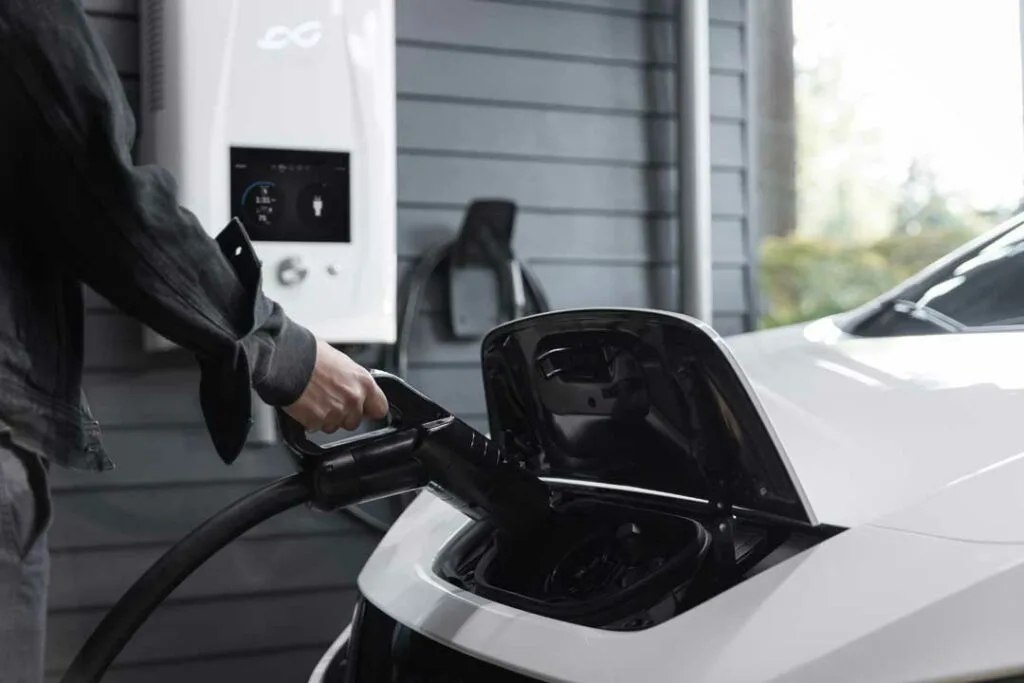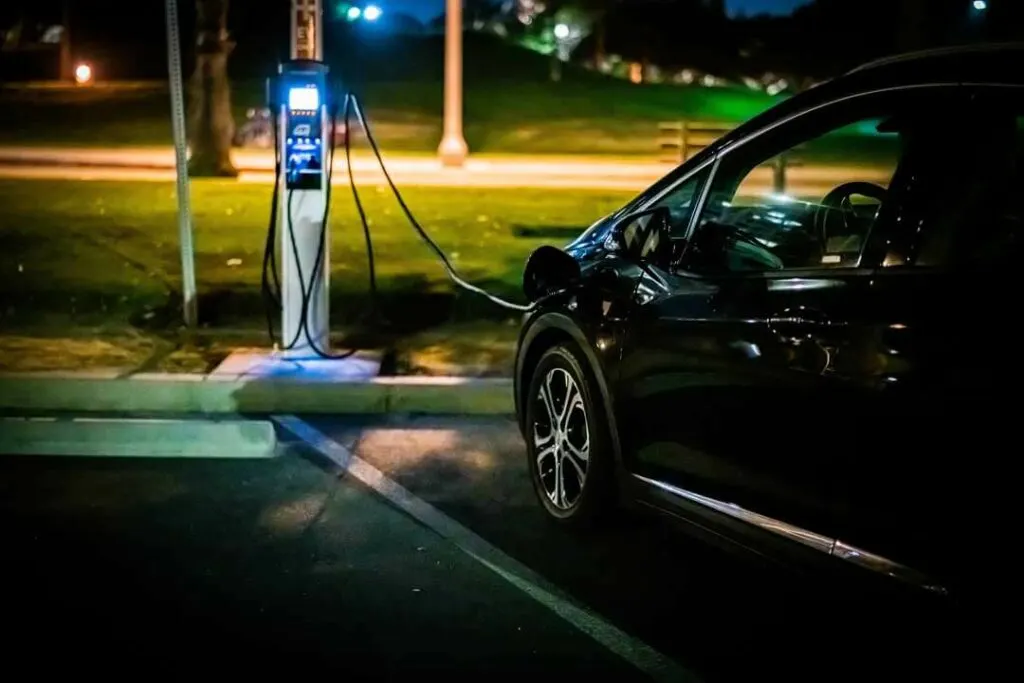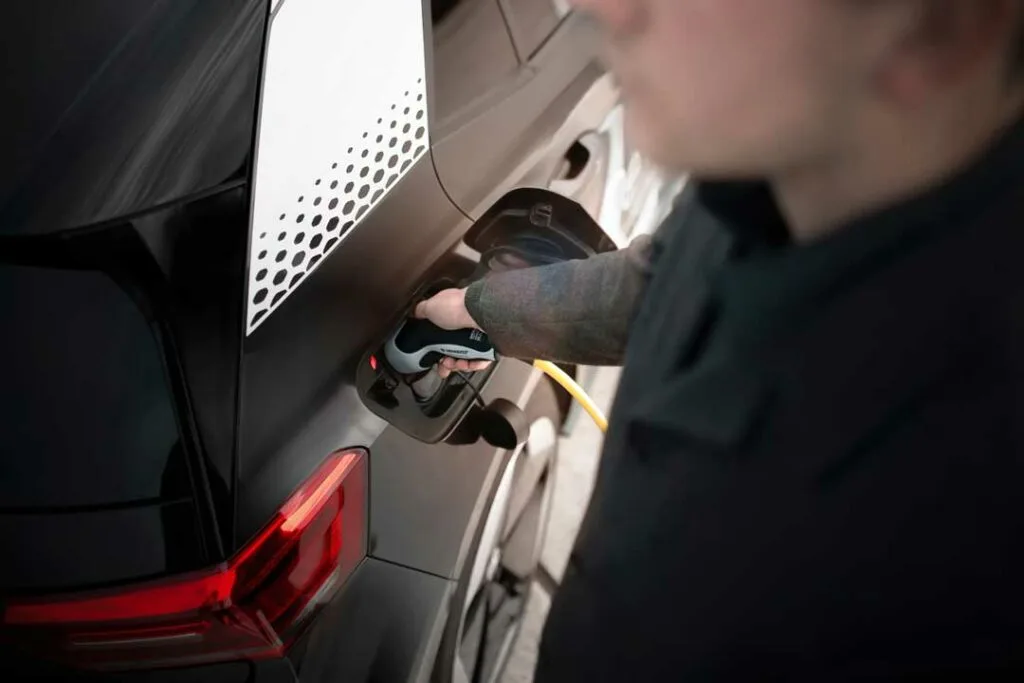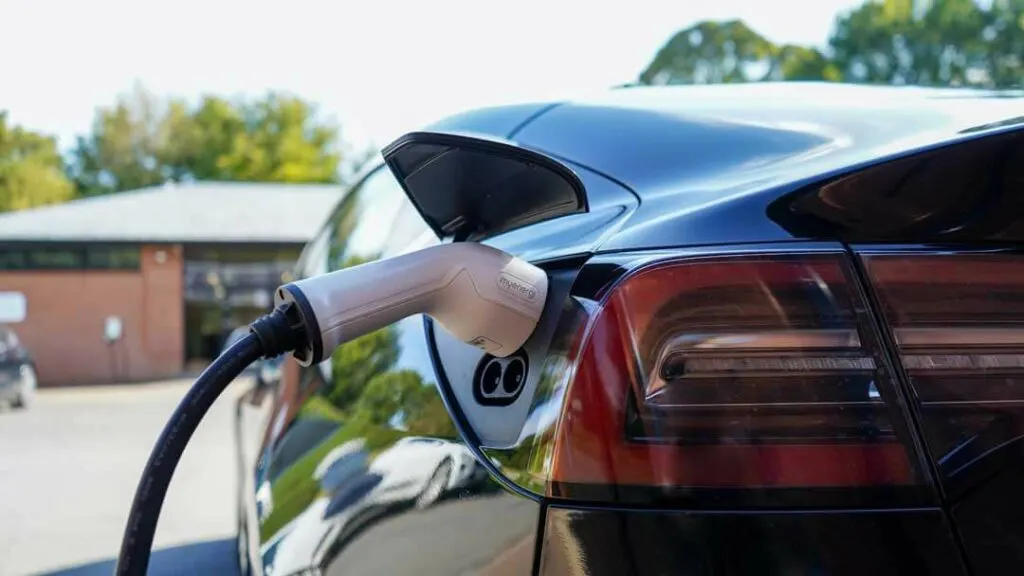Electric vehicles (EVs for short) have made impressive strides in recent years, but their mass adoption is still largely dependent on the expansion and innovation of charging infrastructure. Enter three-phase 22KW chargers – the latest and greatest in EV charging technology.
With their unparalleled power and efficiency, these chargers promise to revolutionize the EV charging experience and propel us into an exciting new era of sustainable mobility. This article explores what makes three-phase 22KW chargers a game-changer and answer some frequent dilemmas about this exciting technology.
Ready? Let’s jump right in!

What is Three-Phase 22kW Charging?
Before diving into all the burning questions, let’s cover the basics and learn more about three-phase 22KW charging! So, what exactly is it?
Three-phase 22kW EV charging utilizes a three-phase AC power supply to provide a charging rate of up to 22 kilowatts (kW). For reference, the charging rate of an average home charger is up to 7 kW.
In simple terms, three-phase electricity is a way of supplying power to electrical devices like motors, generators, and power grids. It uses three separate power lines to provide a more consistent and efficient electricity supply than single-phase power.
This type of power supply is commonly used in industrial and commercial settings, like public charging stations, because it can handle more power and is more efficient than single-phase power. However, it can also be used in homes for specific high-power applications, such as charging electric vehicles at a faster rate.

How to Install a 22kW Charger At Home?
Getting a 22kW fast charger installed at home is possible, but there are some important factors to consider before doing so. Firstly, most homes have a single-phase power supply, which limits the charging capacity to 7kW.
You will need access to a three-phase power supply, which requires additional electrical work and is more expensive than a single-phase power supply. You will also need to ensure that your home’s electrical system can handle the additional power demand of a fast charger.
Secondly, the cost of a 22kW charger can be considerably higher than a slower charger, so you’ll need to decide whether the upgrade is worth the cost.
Consider whether a 22kW charger is necessary for your needs. If you have a relatively short daily commute and can charge your EV overnight, you can stick to your regular charger. However, a faster charger may be more convenient if you frequently need to top up your EV’s battery during the day.
Can Your Car Charge at 22kW?

Upgrading your power supply and investing in a 22kW EV charger may not necessarily result in faster charging for your EV. If your EV cannot accept a charging rate of 22kW, then it will charge at its maximum rate, regardless of the capacity of your charger.
So, simply put: it all depends on the specific make and model of your EV. To determine the maximum charging rate of your EV, consult the owner’s manual or contact the manufacturer.
You can also check the charging specifications of your EV on the manufacturer’s website or on EV charging network websites, which typically provide information on compatible charging rates.
It’s also worth noting that even if your EV can charge at 22kW, the actual charging rate may be affected by factors such as the temperature of the battery, the state of charge of the battery, and the type of charging station you use.
Unlocking the Potential: How 22kW Charging Can Transform Your Driving Experience
Three-phase 22kW charging marks a turning point for EVs, offering a range of advantages such as:
- Faster Charging Times: 22kW three-phase chargers are significantly faster than their single-phase counterparts, which take several hours to fully charge an EV. With a 22kW three-phase charger, you can power up your car to 80% in just 60 minutes.
- Future-Proofing: Installing a 22kW three-phase charger can be considered a long-term investment in your EV charging infrastructure. As EVs continue to evolve and improve, higher-capacity EVs will become more common, and having a 22kW three-phase charger will ensure that you are ready for these advancements.
- Convenience: With a 22kW three-phase charger, you can easily top up your EV’s battery during the day, which can be helpful if you have a long daily commute or need multiple daily trips. This can give you more flexibility and convenience in your daily routine.
- Environmental Benefits: EVs are already more environmentally friendly than gas-powered vehicles. But, the faster charging times provided by 22kW three-phase chargers can further reduce the carbon footprint of EVs by reducing the amount of time they spend charging and the energy used during the charging process.
Is it Worth Switching to 22kW Three-Phase Charging?

The answer to this question depends on your circumstances and needs. As mentioned previously, 22kW chargers are an excellent option if you seek faster charging times, high power output, and future-proofing your ride. But could there be any potential downsides?
Here are some drawbacks to 22kW chargers you should take into consideration:
- High installation costs: Three-phase charging requires additional infrastructure, including a three-phase power supply and a larger charging unit, which can increase the installation costs.
- Limited availability: Three-phase charging may not be available in all locations, especially in residential areas, where single-phase charging is more common.
- EV Limitations: As mentioned earlier, not all EVs can accept a 22kW charging rate, so investing in a 22kW charger may not result in faster charging for some EV owners.
- May not be necessary: If you have a relatively short daily commute and can charge your EV overnight with a slower charger, a 22kW three-phase charger is likely unnecessary and could be a redundant expense.
Making the Call: How to Decide Whether a 22kW Charger is the Right Choice for You?
With faster charging times and more efficient energy usage, upgrading to a 22kW charger can seem like a no-brainer. This promising technology is shaking up the EV world and will play an even more significant role in the future. However, before making the switch, consider your current needs and preferences.
If you are a frequent road tripper with a need for speed and ready to invest money and time into faster charging options, a 22kW charger may be just the ticket. But if you’re more of a daily commuter traveling short distances, a regular 7kW home charger will suit your needs just fine.
Whatever your driving style, we hope our article helps you make the most informed decision for your EV and wallet. Good luck!

Jessi is the creative mind behind The Coffee Mom, a popular blog that combines parenting advice, travel tips, and a love for all things Disney. As a trusted Disney influencer and passionate storyteller, Jessi’s authentic insights and relatable content resonate with readers worldwide.
